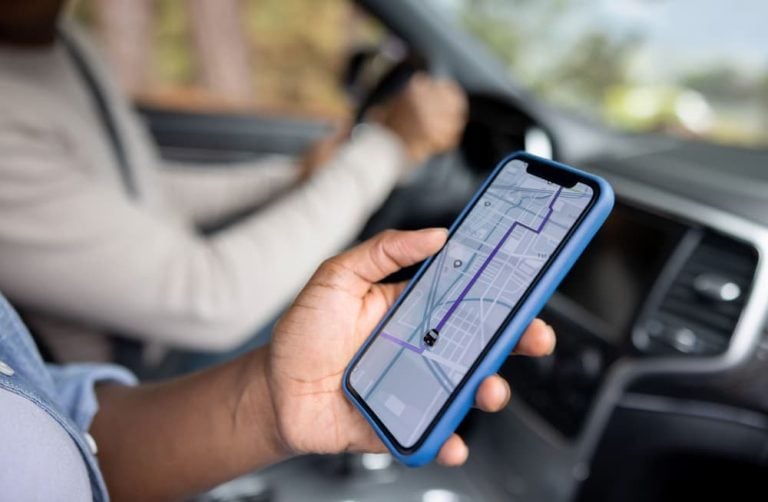When one steps into their vehicle and prepares to hit the road, the very first action typically involves fastening the seatbelt. Seatbelts, as we all know, play a pivotal role in safeguarding lives in critical situations. In addition to being important for your health and safety while in a vehicle, seatbelts are required to be worn by law in the state of Colorado. If you are involved in a car crash, having your seatbelt on can be the difference between minor and severe injuries. Once you are involved in a car crash, you will have the potential for a personal injury claim based on the circumstances surrounding the car accident. While most of the time drivers comply with the requirement to wear a seatbelt it is not always the case.
If you were not wearing a seatbelt during a car accident you might be wondering, how will not wearing a seatbelt affect my ability to bring a personal injury claim? The team at McDivitt Law Firm is highly experienced in advocating for clients during these difficult times and will be able to assist you with navigating the process that follows being involved in a car crash even if you were not wearing a seatbelt at the time.
Laws Surrounding Seatbelts in Colorado
The Colorado Revised Statutes state, “Every driver of and every front seat passenger in a motor vehicle and every driver of and every passenger in an autocycle equipped with a safety belt system shall wear a fastened safety belt while the motor vehicle is being operated on a street or highway in this state.”
Additionally, the legislature has addressed the issue of whether wearing a seatbelt will affect a personal injury claim. The Colorado Revised Statutes reads, “[A failure to wear a seatbelt,] shall be admissible to mitigate damages with respect to any person who was involved in a motor vehicle accident and who seeks in any subsequent litigation to recover damages for injuries resulting from the accident. Such mitigation shall be limited to awards for pain and suffering and shall not be used for limiting recovery of economic loss and medical payments.”
The limitation for the recovery of pain and suffering damages will rely on the defense to raise the issue of the lack of wearing a seatbelt and it will need to be proven that the pain and suffering was caused by the lack of wearing a seatbelt. The plaintiff will have the opportunity to rebut the defendant to show that the lack of wearing a seatbelt was not the cause of some or all of the plaintiff’s injuries.
What do these laws mean for you?
What does this legal framework signify? Essentially, even if you were not wearing a seatbelt during a car accident in Colorado, you still maintain the right to seek compensation for the accident. The effect of not wearing a seatbelt will be seen in a potential recovery of damages for pain and suffering. The potential to recover non-economic damages (such as medical bills, lost wages, property damage, and other damages not related to pain and suffering) will not be affected by not wearing a seat belt when involved in a car crash.
It is important that everyone remains safe while driving or as a passenger in a vehicle and the use of a seatbelt is one thing that will be able to increase the safety of everyone on the roadways. It is also a reality that sometime people don’t have their seatbelt on while driving and even if that is just for a minute you could be seriously hurt if involved in a car crash while not wearing a seatbelt. The state of Colorado has ensured that even if you are in the unfortunate circumstance of being in a car accident without a seatbelt you will not be totally precluded from recovering damages for your injuries suffered.
If you find yourself in the unexpected scenario of needing assistance after you or a family member has been in a car accident and were not wearing a seatbelt, remember that you don’t have to navigate the situation alone. In such challenging times, seeking the guidance and support of experienced personal injury attorneys can make all the difference. The professionals at McDivitt Law Firm are here to lend a helping hand and ensure that you receive the legal representation you deserve.


